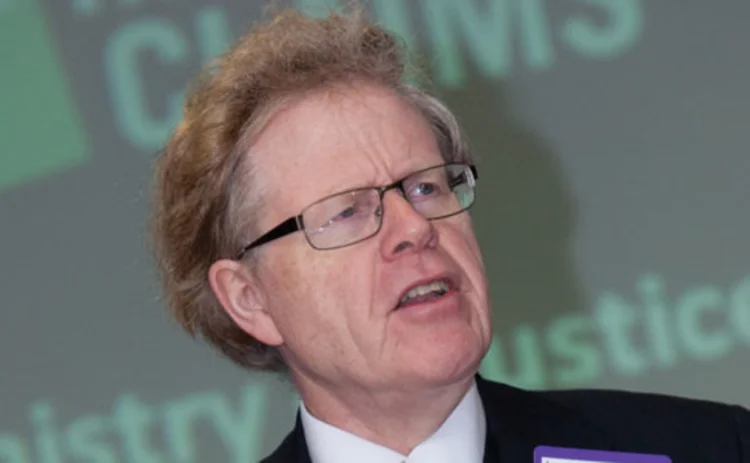
Post Blog: Jackson and the cost of justice

Rob Williams, head of costs at Weightmans, and James Stanbury, partner at RGL Forensics, explain how to cut legal costs in a pre-Jackson world.
Lord Jackson. Like him or loathe him? Insurers' opinions are likely to be divided for some time. On one hand he's attempting to bring in reform that will help create a level playing field for defendants in a claims process that has become too far slanted towards the claimant.
On the other hand the MoJ's continuous drip feed of announcements on civil litigation reform sees the defendant community tying itself in knots and trying to take a step back to see how these differing aspects of reform will look as a whole.
But however costs are being addressed at a policy level, some simple considerations can be taken on a practical level to ensure that insurers consider fees, not just in relation to legal spend but with experts.
The role of experts in the litigation process has significantly changed over the past decade or so as the emphasis on pre-action protocols has led to more 'front loading' of claims where experts can be involved at an early stage.
However, in practice, experts, especially in the forensic arena, are often considered only after liability is established. This is no particular surprise as the litigation process encourages this to some extent - liability first, quantum second.
As such, experts can find themselves appointed by the defendant less than a week before mediation or a deadline for serving a report. Although helpful for containing costs, such an approach does not always help the expert to fulfil his or her role and brief.
Current dispute resolution methods and pre-action protocols can encourage better relationships between solicitors and their experts early in the claims process, but there are limitations. In most cases, expert evidence is the last step as this is the only point where all evidence is available to the experts.
Jackson's proposals encourage the early discussion of quantum - as already enacted in a recent pilot in the Technology and Construction Court. The scheme required lawyers involved in high value litigation to get to grips with budgeting for their clients, the court and their opponents by price tagging parts of a case within their overall case budget.
This should become a matter of routine for lawyers across many disciplines, who will have to factor their experts' involvement into their budgets at an early stage.
Forensic experts should be on hand to help solicitors assess levels of quantum before embarking on a claim and, in turn, this assessment will impact the way in which the claim is progressed, since there is little point fighting a claim if the costs of doing so are higher than the value of the claim in the first place. No doubt many practitioners can point to cases where this has proven so.
While insurers may feel they've heard enough about civil reform policies, commercial niggles will also influence this new approach. Insurers need to know that their cases are being handled on a risk/cost/reward analysis, and a proper examination of these may well need expert assistance.
Rob Williams, head of costs, Weightmans, and James Stanbury, partner, RGL Forensics
Only users who have a paid subscription or are part of a corporate subscription are able to print or copy content.
To access these options, along with all other subscription benefits, please contact info@postonline.co.uk or view our subscription options here: https://subscriptions.postonline.co.uk/subscribe
You are currently unable to print this content. Please contact info@postonline.co.uk to find out more.
You are currently unable to copy this content. Please contact info@postonline.co.uk to find out more.
Copyright Infopro Digital Limited. All rights reserved.
As outlined in our terms and conditions, https://www.infopro-digital.com/terms-and-conditions/subscriptions/ (point 2.4), printing is limited to a single copy.
If you would like to purchase additional rights please email info@postonline.co.uk
Copyright Infopro Digital Limited. All rights reserved.
You may share this content using our article tools. As outlined in our terms and conditions, https://www.infopro-digital.com/terms-and-conditions/subscriptions/ (clause 2.4), an Authorised User may only make one copy of the materials for their own personal use. You must also comply with the restrictions in clause 2.5.
If you would like to purchase additional rights please email info@postonline.co.uk







